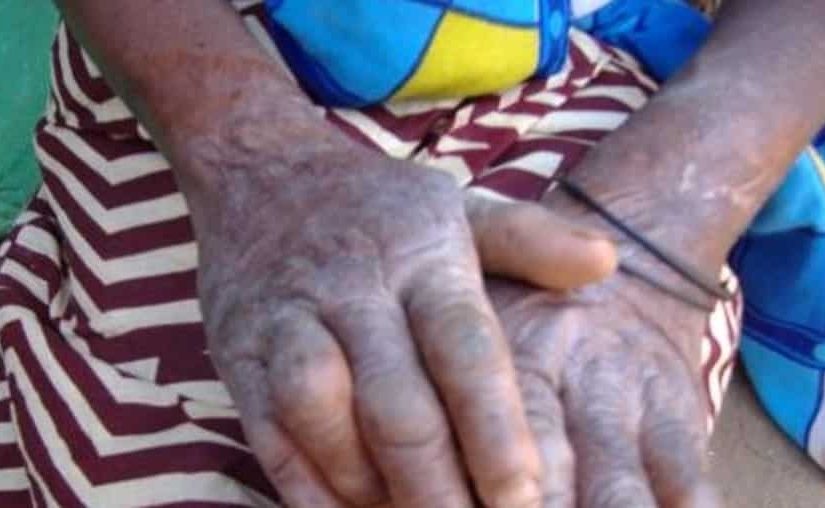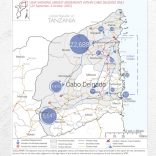Mozambique: May saw sharp rise in violence in Cabo Delgado - UN
Mozambique: Country registered 3,135 leprosy cases in 2021, 52 more than 2020

File photo: Lusa
The number of leprosy cases officially registered in Mozambique increased last year, totalling 3,135, 52 more cases than in 2020, health authorities announced on Wednesday.
The disease is considered endemic in 66 of the country’s 161 districts, despite having been declared eradicated in 2008, with the provinces of Nampula and Cabo Delgado, in the north, and Zambézia, in the centre, having 80 percent of cases, said the deputy health minister, Lídia Cardoso, cited by Mozambican daily newspaper Notícias.
The deputy minister said that the current incidence of leprosy in Mozambique could undermine the government’s commitment to achieve the target of “zero infections, zero deformities and zero discrimination,” set for 2030.
“The achievement of the 2030 target is based on five strategic pillars, namely: chemotherapy, case management, vector control, water availability, sanitation, hygiene and education and management of animal-borne diseases,” she added.
Mozambique was declared leprosy free in 2008, when it had a rate of less than one case per 10,000 inhabitants – the criterion used to declare the elimination of leprosy -, however, districts where the disease is endemic were subsequently identified.
Leprosy is an infectious disease transmitted by bacteria through saliva and affecting the skin and nerves, leading to loss of sensation and deformation of different parts of the human body.












Leave a Reply
Be the First to Comment!
You must be logged in to post a comment.
You must be logged in to post a comment.